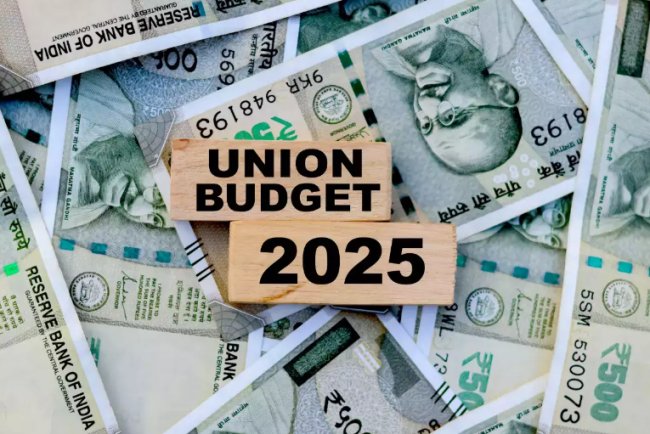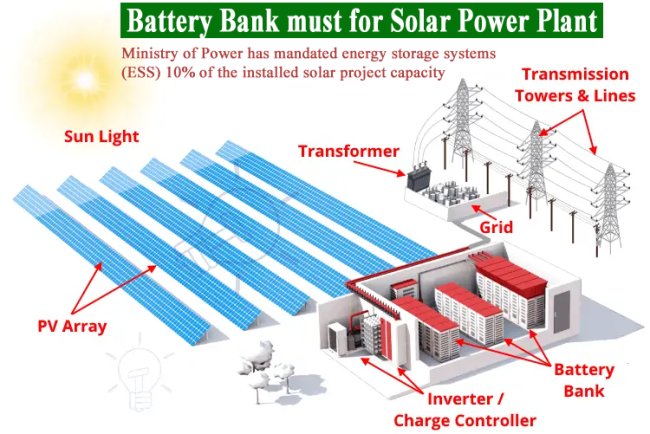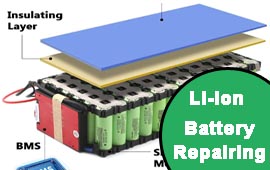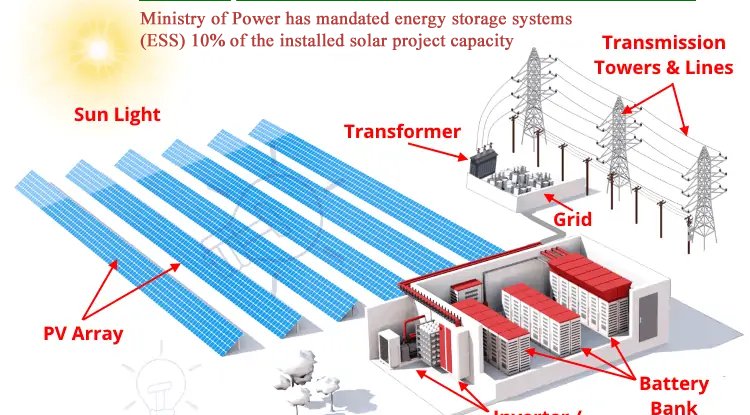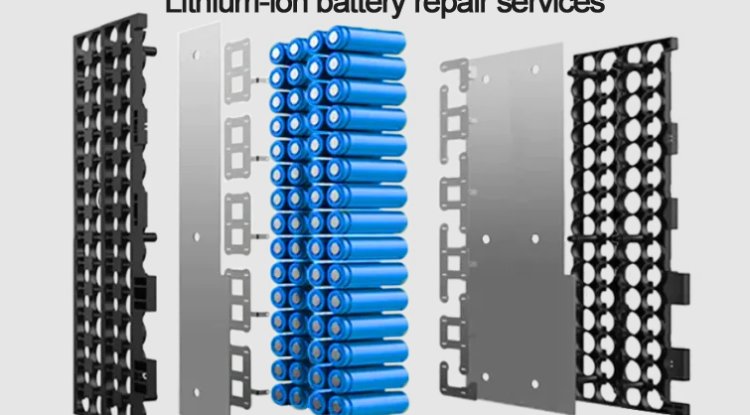Central and State Govt Additional Subsidy for 1crore Rooftop Solar
PR Newswire: Government Additional Subsidy for 1crore Rooftop Solar 2025. The Pradhan Mantri-Surya Ghar Muft Bijli Yojana (PM-SGMY) is a central government scheme that provides subsidies and loans to help households install rooftop solar systems.
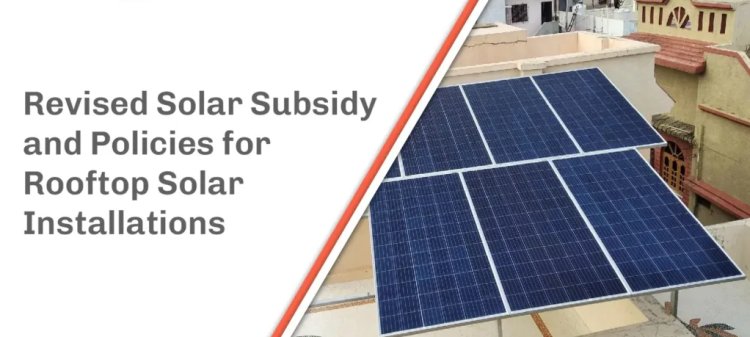
Central and State Government Financial Assistance to Residential Consumers
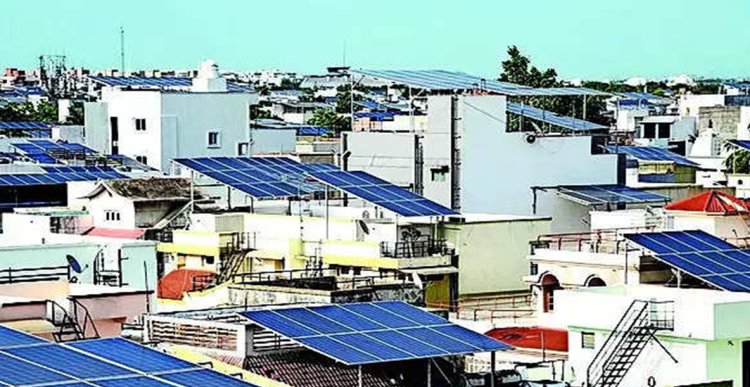
The scheme is called PM Surya Ghar: Muft Bijli Yojana, which means "Free Electricity for Households". It was launched by Prime Minister Narendra Modi on February 15, 2024. The Indian government is providing a subsidy for rooftop solar panels to promote sustainable energy, reduce electricity costs, and create jobs.
The Indian government wants to solarise 10 million homes with rooftop solar that could allow consumers benefits such as free electricity up to 300 units per month, amounting to gains up to Rs 18,000 every year.While there is no deadline for achieving the 10 million mark, the government already has a 40 GW target for rooftop solar for 2026, and to meet it will mean addressing the various challenges. States that are lagging behind in uptake of rooftop solar also need impetus to improve their policies and increase awareness.
A low- or middle-income household of four people has an average consumption of 375 units per month (this can be higher in summers, lower in winters). A 3 KW unit is needed to generate that much electricity and a 3 KW solar plant costing around Rs 1.5 lakh, in which availing a subsidy of Rs 78,000, people can opt for self-financing or collateral-free low-interest loan. The solar plants now come with a lifespan of up to 28 years. So, the initial investment will continue to benefit them for those 28 years.
Rooftop Solar Plant Capacity for households [ MNRE Notification]
| Average Monthly Electricity Consumption (units) | Suitable Rooftop Solar Plant Capacity | Central Subsidy Support |
| 0-150 | 1-2 kW | ₹ 30,000/- to ₹ 60,000/- |
| 150-300 | 2-3 kW | ₹ 60,000/- to ₹ 78,000/- |
| > 300 | Above 3 kW | ₹ 78,000/- |
State Govt. Additional Subsidies/top-up subsidy
The scheme provides for a subsidy of 60% of the solar unit cost for systems up to 2kW capacity and 40 percent of additional system cost for systems between 2 to 3kW capacity. The subsidy has been capped at 3kW capacity.
At current benchmark prices, this will mean Rs 30,000 subsidy for 1kW system, Rs 60,000 for 2kW systems and Rs 78,000 for 3kW systems or higher. Some state governments in India offer additional subsidies in addition to the central financial incentive (CFA) for rooftop solar installations: UT Administration approves top-up subsidy on the PM Surya Ghar Muft Bijli Yojana.
- Ladakh: The UT Administration of Ladakh offers a top-up subsidy of Rs 20,000 per kWp for the first 2 kWp of rooftop solar capacity, and Rs 10,000 per kWp for additional capacity of 1 kW or part thereof.
- Other states: Some other states may also offer additional subsidies.
- Uttar Pradesh: Offers an additional subsidy of ₹15,000 per kilowatt (kW) with a maximum of ₹30,000 to all consumers
- Puducherry: Offers an incentive of ₹9,000 per kW to those who install solar panels
- Indore: Offers a 6% rebate on building approval fees for plots of 1500 sq ft and above that are considering a solar installation
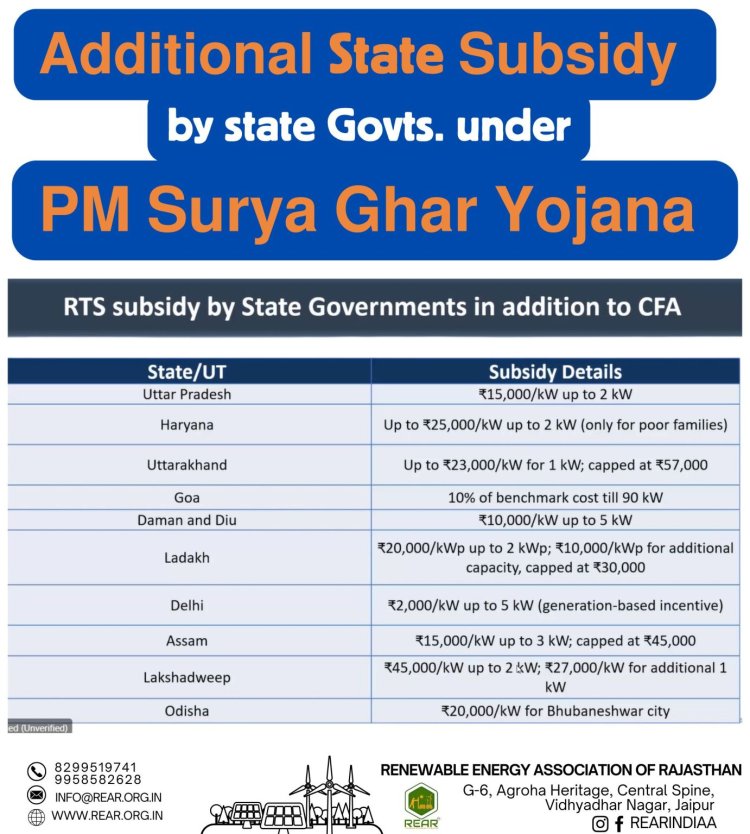
Growth of the Solar Industry
As per India’s Domestic Content Requirements (DCR) rules, the subsidy for rooftop solar is applicable only when vendors install modules and cells made in India. This was part of the Indian government’s larger push to become self-reliant, give a boost to domestic manufacturing and reduce the aforementioned over-reliance on imports. The modules and cells made in India are costlier by Rs 7 to 8 per watt.
Impact on Indian Market
As of July 23, 2024, the scheme has received 1.28 crore registrations and 14.84 lakh applications, supported by 6,552 registered vendors across the country.
A game changer for residential rooftop solar uptake in India. Pradhan Mantri Surya Ghar Yojana has attracted 13 million registrations and 1.8 million applications in first six months of its launch, leading to about 1.8 GW of new residential rooftop solar installation. Over 4 lakh rooftop solar systems have been installed across the country under the PM Surya Ghar: Muft Bijli Yojana, Union Minister Pralhad Joshi said
Increased adoption
The scheme is expected to lead to widespread adoption of solar power, which could benefit the domestic producers of solar PV equipment.
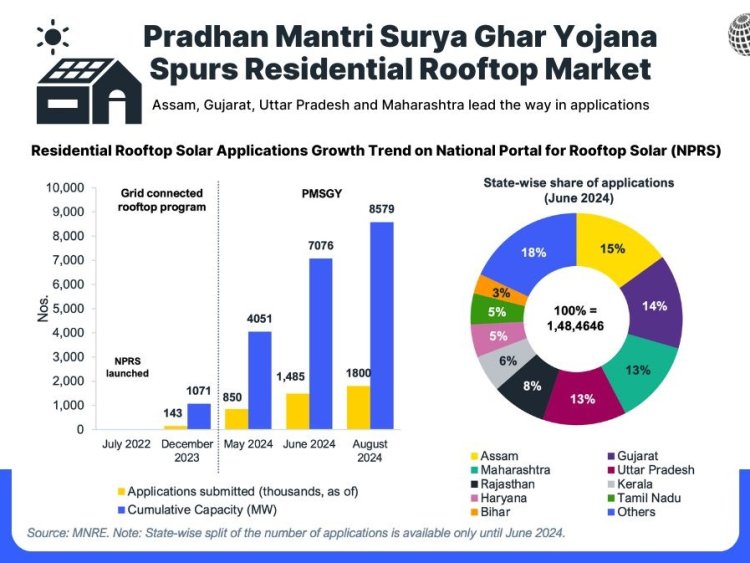
Increased demand
The scheme is expected to drive growth in the residential rooftop solar market across India, especially in rural areas and tier 2/3 cities.
As of June 2024, India’s cumulative solar module manufacturing capacity reached 77.2 GW, while solar cell capacity totaled 7.6 GW. Despite substantial capacity additions, the supply of domestically made modules remains tight, mainly because cell production capacity has not kept pace. Without a significant and rapid increase in cell capacity, many projects will face delays due to domestic module supply shortages.
This ministry has mandated the compulsory use of DCR solar modules for central government projects like PM Surya Ghar and PM-KUSUM. The ministry had earlier asked the existing Approved List of Models and Manufacturers (ALMM) enlisted manufacturers to register with their solar manufacturing facilities on the portal.
It asked them to start feeding the data concerning their models and cells manufactured by them. The step was taken to boost transparency and halt the use of non-DCR modules and cells, masquerading as DCR modules in such projects.
Vendor Registration
National Vendor Registration
National Vendor Registration, this registration is applicable only for National and Multi-State Vendors. If you intend to work in a single state, kindly get empanelled as a vendor with your respective state's DISCOM
APPLY FOR ROOFTOP SOLAR
Conclusion
The PM Surya Ghar Muft Bijli Yojana has had a high impact on India's renewable solar energy market. By implementing these scheme, India can expedite progress towards its renewable energy targets, alleviate pressure on traditional power grids, and make significant strides in combating climate change while ensuring a sustainable energy future for all.
Solar panel manufacturers, installation companies, and service providers have seen a significant rise in business opportunities. The expected solar capacity expansion, job creation, and environmental benefits underscores the scheme's potential to drive long-term positive change.
Through adoption of decentralized solar power generation through rooftop systems enhances grid stability and energy security. Distributed generation reduces the load on the central grid,
Download pdf version
Govt. Policy: Government Energy Policy is an important review of the schemes, policies, reports, Government support and Government Policy analysis and review of the energy sectors - renewable energy, green energy, hydrogen energy and energy storage battery sectors.

